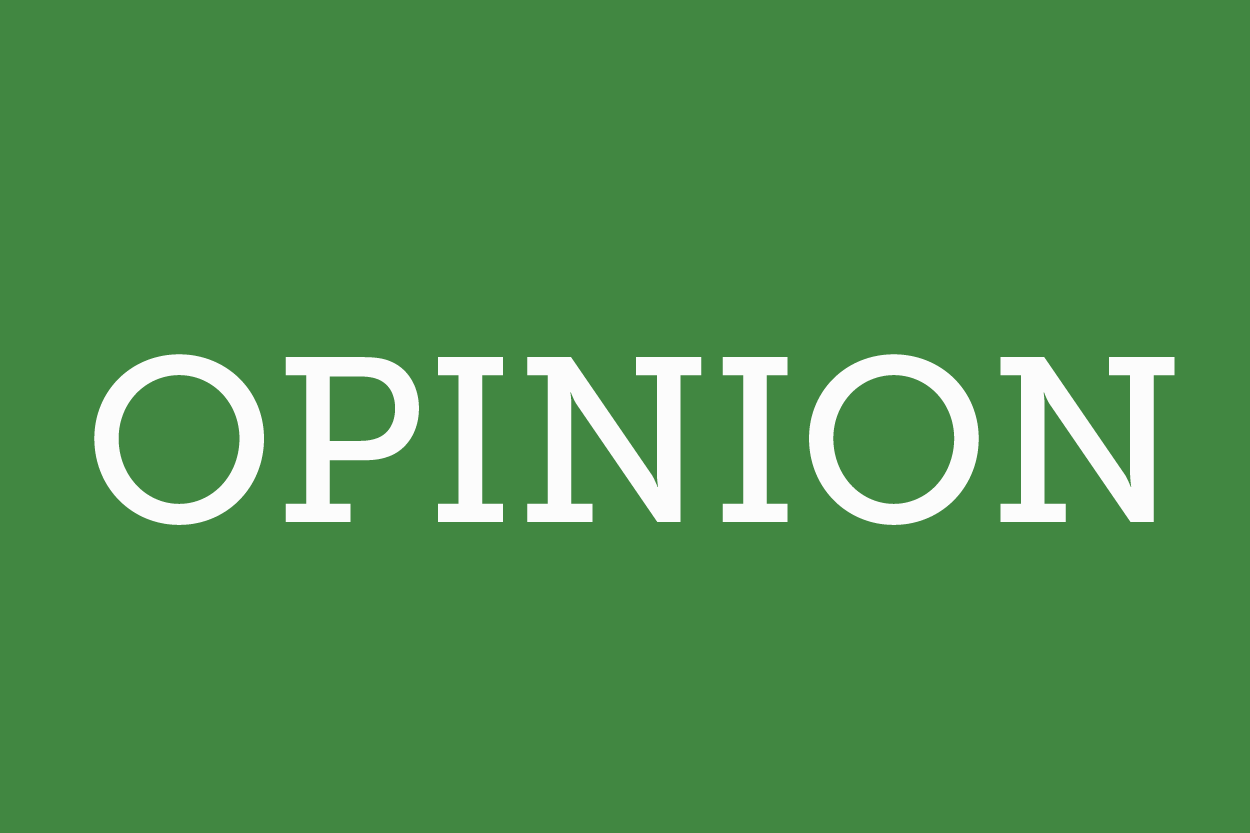The end of high school brings about a great deal of change. By the time we reach graduation, most of us are legal adults. We drive cars, have jobs and look forward to the first day of college – a day that feels, for many of us, like the first day of the rest of our lives.
Before the first month of summer had come to a close, I replaced my failing, nine-year-old Toshiba computer with a functioning laptop, nailed down an internship and led a small group of music students in Los Angeles. While all of these events seemingly signaled the transition from a sheltered, dependent existence to life as a fully (read: mostly) functioning adult, I didn’t feel in my heart that anything had changed. That is, until I visited one of the most significant and vital institutions in the entire industrialized world: a bank.
Banks are important. Banks are so central to our health as a country that over the past century we have put in place scores of legislation to protect them from failing. Savings, security, affluence – things that guide our image as a nation – are all rooted in banks. So when I strolled into my local Bank of America expecting to open a new account with some grace and professionalism, I was quickly made aware of my biggest mistake to date: assuming that all people with bronze name placards and job titles possess the intention of helping others.
I entered quietly, noticing how the desks were positioned far from the entrance in a defensive block: each one faced the door, collectively forming a barricade. The desks were armed with cheap staplers and coffee-stained mouse pads. I sat down near a table of deposit forms. I watched client after bewildered client scribble bitterly across checks as each of them realized that not one of the pens on the table worked. Employees remained on their side of the trenches, separated from the mildly frustrated public, silent with fear in their eyes. I felt like I had fallen into a vacuum of potential – a mysterious land where promising young people morph unwillingly into cantankerous, unhelpful financial advisors in stained suits. The paradoxical nature of banks is overwhelming; we hate them but rely tremendously on their services. No one inside banks ever looks happy, yet cheerful music plays all the livelong day. Just as I began to get wrapped up in the unpleasant contradictions of these tedious grown-up institutions, a slight voice behind me asked, “Can I help you?”
One hour later, I staggered to my car with piles of brochures, temporary checks, information cards and a spinning head. The reality of adulthood had hit me in the least glorious manner it possibly could have. Yet, I felt relieved. My first big, scary adult experience was over and I was still standing on two feet. Hell, I even knew a bit about checking accounts now. Being an adult wasn’t a sudden transformation into a corporate robot or a nose-dive into joyless responsibilities. Being an adult was a lot like being a kid, but with a little bit more independence and initiative.
And a debit card.
Mackenzie Karbon is a freshman majoring in jazz performance.







